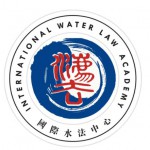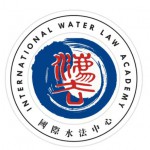Research Seminar Series - Jamal Shahin


Jamal Shahin
Research Professor at the Institute for European Studies (Vrije Universiteit Brussel)
Assistant Professor at the University of Amsterdam
EU Shapeshifting in Internet Governance
Many trees have been pulped to spread knowledge on the EU’s role in the international sphere (Hoffmann and Keohane 1991). A lot of the discussion has revolved around the EU’s actorness (Bretherton and Vogler 2006), leadership (Oberthür and Roche Kelly 2008) and the EU’s effectiveness (for example van Schaik 2010). In doing so, the focus has often been on the EU’s capacity to act on the international scene. Capacity to act is an essential prerequisite for policy making, but it is not a sufficient condition. To understand how effective the EU is in shaping global governance, we assert that we need to assess the shapes the EU adopts in different fora to influence the environment in which it operates.
Alongside various technical, business and international bodies, the European Union has been playing a role in contributing to the development of institutions that support the internet's development. The rapidly evolving global telecommunications regime has provided observers concerned with regulatory diplomacy with plenty of food for thought. Most of this has focused on the internet which has become increasingly important as it emerges as the new platform for global communications. This paper aims to demonstrate that vague notions of multistakeholderism, along with the polymorphic nature of the EU, result in the EU taking on different shapes (convener, advisor, participant, discussant, etc) in multistakeholder institutions. It also draws on the cases developed below to show that shapeshifting quite possibly points to a discord between the EU’s discourse and behaviour, thereby weakening its role in helping to shape the global governance frameworks for the internet. To do this, we briefly examine two cases of internet governance. The first deals with the genesis and development of the international institution that deals specifically with domain name system (ICANN). In this case, the EU is not the dominant regulatory actor and does not have control over the current space, although we will point out how it serves in an advisory capacity. The second case examines the European Union’s thirteen-year history of supporting cross-community dialogue within the United Nations’ Internet Governance Forum.
Tuesday 18 December 2019
12:00 - 13:30
UNU-CRIS, Bruges
Upcoming Events
Similar Events
No events found.



